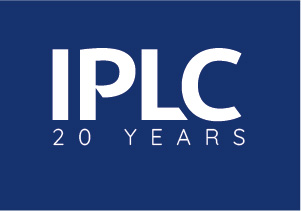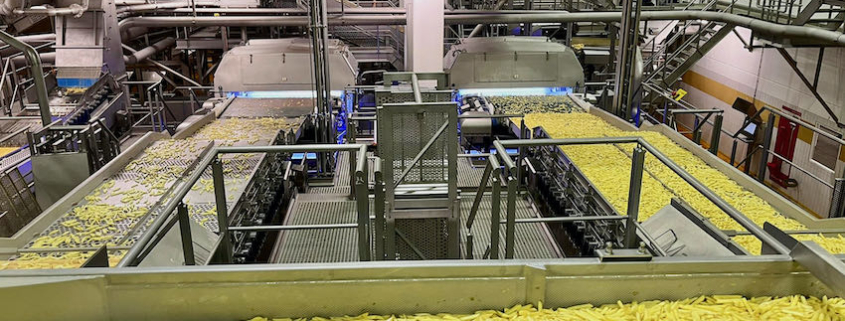Being the best Private Label operator
It is vital to focus on a few critical key areas to become a best in class operator
By Koen de Jong and Paul Stainton
The private label market can be characterised as a quasi monopsony. This is a market form in which a few very powerful buyers interface with many suppliers. It results in very fierce competition amongst suppliers, made even more intense due to an overcapacity in manufacturing in almost every category.
Without retailers, manufacturers of private label products simply cannot get their products in front of the consumer. For a manufacturer, a contract to supply a retailer may represent a significant proportion of its overal sales. For the retailer on the other end, one contract will represent only a small fraction of its overall business. This considerably increases the bargaining power of retailers.
In these difficult market conditions, the private label supplier must have a clear vision and strategy to ensure they are an efficient operator and a supplier of choice for their retail customers. It is vital to focus on a few critical key areas to become a best in class operator.
Below we highlight three of them.
Managing complexity in production
As individual retail customers have their own specifications for products to be supplied under private label, the manufacturer often has hundreds of different stock keeping units (SKUs) to deal with, creating huge complexity in the production factory.
Mistakes can often be made if a wrong ingredient or packaging component is used. With high-speed filling lines, the consequences can be quite dramatic. Furthermore, it is a challenge for a manufacturer to keep machine downtime to a minimum. Another consequence of this enormous variety in the product range is the need to hold relatively high stocks, tying up working capital, not only of finished products (in order to be able to react to orders promptly) but also of raw materials, packaging and auxiliary materials. To reduce the risk of packaging material or exclusive raw materials becoming obsolete, excellent stock-keeping procedures must be in place.
Efficient allocation of resources and driving out costs
Private label manufacturers work in a highly competitive market, often having to deal with relatively one-sided trading relationships. Therefore, it is of vital importance to a private label manufacturer to handle both labour and capital with extreme efficiency. Furthermore, there is the constant looming threat of losing the supply contract to a cheaper competitor. It is therefore essential to remain competitive by keeping a very keen eye on the costs base of the company as a whole. A branded manufacturer is often able to absorb forced price reductions or a rise in production costs as it generally has better margins. Alternatively, there is the possibility of reducing marketing and product development expenses.
This, however, is a luxury unknown to the private label manufacturer. As a rule, competition is fierce, and it is a constant battle for manufacturers to try and keep costs down as they simply do not get away with inefficiencies. It is characteristic for the private label industry to put a very lean structure in place and to continuously, and sometimes almost obsessively, attempt to cut costs. Cost culture, in both thought and action, has to be deeply ingrained in the company’s fabric.
In attempting to reduce costs, activity-based costing can provide managers with important insights into the factors that are of influence on the total costs within the company. Traditional costing systems often fail to accurately determine the actual costs of production and the costs of related services. Consequently, managers make decisions based on inaccurate data, especially where multiple products are involved as is the case in a private label organisation.
Instead of using broad arbitrary percentages to allocate costs, activity-based costing seeks to identify cause-and-effect relationships to objectively assign costs. Once costs of the activities have been identified, the cost of each activity is attributed to each product to the extent that the product uses the activity. In this way, areas of high overhead costs per unit can be identified and attention directed to finding ways to reduce the costs or to charge more for costly products. If multiple products share common costs that are not allocated to the correct products, there is a danger of one product subsidising another. Activity-based costing is of great value for product and customer portfolio analysis.
Competing on elements other than just price
The successful players in the European private label industry are capable of creating added value on top of the physical product. Although this is difficult to measure, it can be of significant importance in the consideration by the retailer to award a contract to a new supplier or to remain with the existing one. The ways in which to add value on top of the physical product in order to compete on other elements than price alone will be explained in one of the upcoming IPLC Newsletters.
Contact us should you would wish to learn more about how to become a best in class private label operator on info@iplc-europe.com.
In the next newsletter we will send out in November our colleague Malachy O’Connor will discuss ‘The Art of Negotiating Private Label contracts’.
This is the second newsletter in a series of 12 that we will publish in the coming months. The previous newsletter ‘How to become a private label supplier of choice’ was published on 14 September and can be found on our website. To read more





